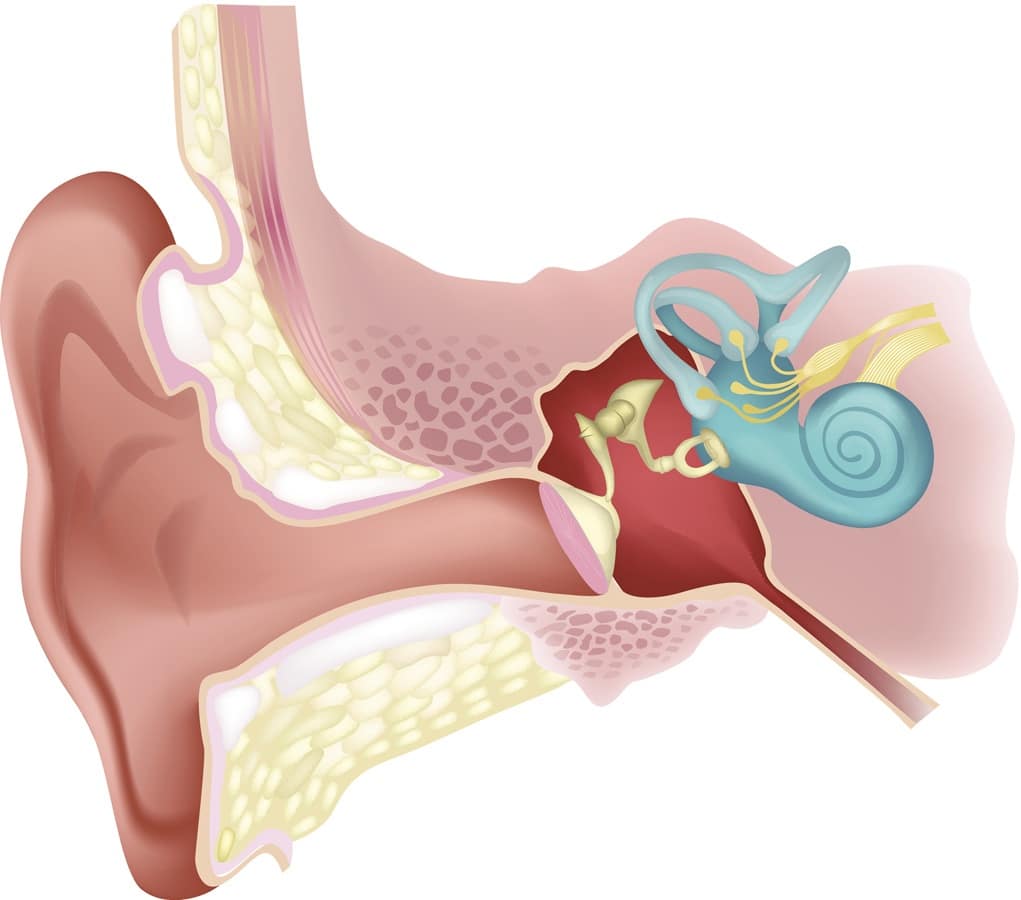El sistema vestibular

Balance and the Vestibular System
The medical term for the part of the inner ear involved with balance is called the vestibular system. The vestibular system is an organ located within the inner ear which relays information to the brain about balance and orientation of the head and body. Balance is a complex interaction which requires input from our vestibular system, in addition to our vision and the sensation from our feet, muscles, and joints. If any one of these systems are not working properly, you will suffer loss of balance.
Understanding Vestibular and Balance Disorders
Dizziness is one of the most difficult complaints to assess because it is a subjective sensation that cannot be directly and objectively measured. Dizziness frequently represents many separate overlapping sensations that can be caused by a multitude of different pathophysiologic processes. Dizziness also is one of the most common patient complaints seen in ambulatory care today and therefore clinicians in almost all disciplines will be faced with evaluating this difficult problem. Evaluation and treatment of patients with dizziness will differ significantly once the category of dizziness has been determined. It is imperative that clinicians take a careful history to determine the type of dizziness prior to initiating further workup. These patients are typically challenging from a diagnostic standpoint. Their own difficulty in providing a clear and succinct history adds to this challenge. It is helpful to have a solid understanding of the various types of dizziness in order to help obtain an informative history from patients.
90 million Americans
According the National Institute of Health (NIH), dizziness or loss of balance will affect 90 million Americans sometime during their lifetime.
Dizziness is the #1 complaint
Dizziness is the number one complaint reported to medical providers in adults 70 years of age or older.
50% of accidental deaths
Balance-related falls account for more than one-half of accidental deaths in the elderly.
300,000 hip fractures
Balance-related falls cause over 300,000 hip fractures in individuals over 65 years of age.
Frequent causes of imbalance
Illness, infections, disease, head injuries and whiplash are frequent causes of imbalance, dizziness, and vertigo.
Inner ear disorders
Inner ear disorders or ear infections can result in imbalance and vertigo affecting a person’s ability to walk, roll over in bed, see or think clearly, or to read or watch television.
Inner Ear Misdiagnosed
Many times, disorders of the inner ear are misdiagnosed as a more severe neurological condition such as multiple sclerosis, or as clinical depression.
85% of dizzy disorders
Inner ear disturbances account for 85% of dizzy disorders.
Children incorrectly diagnosed
Children can also be affected by inner ear disorders and are sometimes incorrectly diagnosed as learning disabled, dyslexic, or psychologically disturbed.